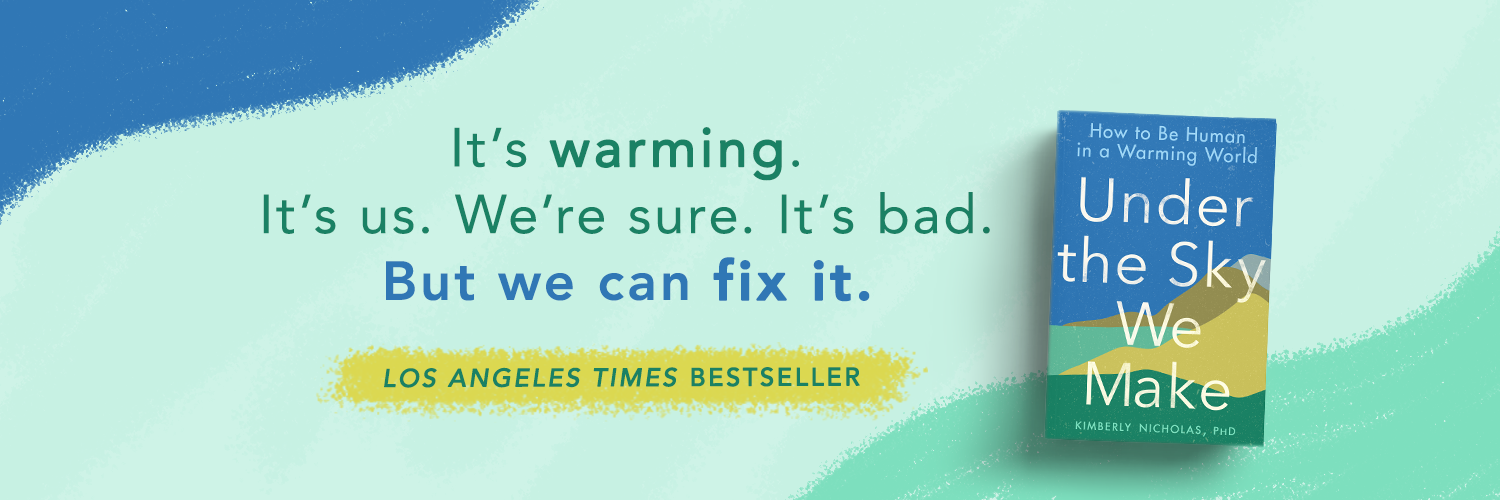|
I've just returned from a field trip to Lake Bolmen with 50 international high school students from Helsingborg. The lake is the source of Lund's drinking water (which is piped 82 kilometers to Lake Ringsjön!). The workshop was led by my colleague Ann Åkerman, in collaboration with the local water agency, Sydvatten, to promote youth water awareness and to help educate the next generation of potential water managers in Sweden.
The students camped out and learned outdoor skills like edible plant identification and water filtration methods from local guides and teachers from the local vildmarksgymnasiet (wilderness high school)- a type of Swedish school that combines usual academic lessons with practical outdoor skills in hunting, camping, fishing, and backcountry guiding. Ann and her colleague Anna-Karin from Sydvatten ran a role-play activity on water management, my colleague Torsten Krause led a workshop on conflicts over water in Sweden and California, and I led an exercise on virtual water. We traced the water needed to grow our food, for example showing that a simple margarita (cheese and tomato) pizza requires enough water for more than 20 showers. I also asked the students to test out and give me feedback on some quizzes and worksheets that my master's student, Seth Wynes, has developed as part of his LUMES thesis on high-impact actions for high school students to reduce their carbon footprint. In the quiz, only one group correctly identified that avoiding flying was a more effective way to reduce their carbon footprint than upgrading light bulbs. (In fact, Seth's research has shown that avoiding one long-haul flight saves more than 10 times more carbon than upgrading light bulbs, and yet the Canadian high school science textbooks he's analyzed suggest light bulbs as a climate solution more than five times as often as they mention air travel). I hope we can incorporate these teaching materials in local high schools here in Sweden, as well as the Canadian schools where Seth is working to implement them. It's thesis season! Our LUMES master's students are turning in their last six months of academic blood, sweat and tears (AKA, their theses) in nine short days.
Just in time- here's a checklist I've developed to help students give appropriate credit to their original sources. This is one of the most common problem areas I see in student writing. Following this checklist will help you contribute to scholarly conversation and avoid problems from unclear citations. This checklist aims to serve several purposes: 1. Demonstrate appropriate research ethics in fairly crediting ideas to their original authors. 2. Give more credibility to your research by grounding it in established literature, and showing where you have added new knowledge. 3. Help your reader follow your logic and understand your main claim, based on the evidence that supports it. 4. Follow a well-established format for citation (APA style), to help readers find and understand the sources you have used and the way in which you've used them. 5. Avoid plagiarism (which is every student's responsibility to avoid- even unintentional plagiarism can carry a penalty of up to six months' suspension at Lund University). Comments or corrections welcome. Happy revising! |
Categories
All
Archives
November 2023
|
KIM NICHOLAS
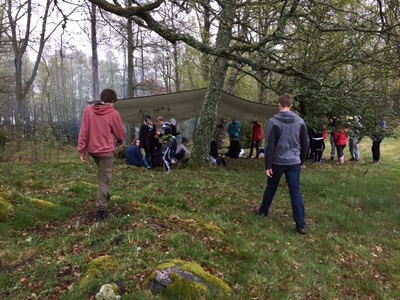
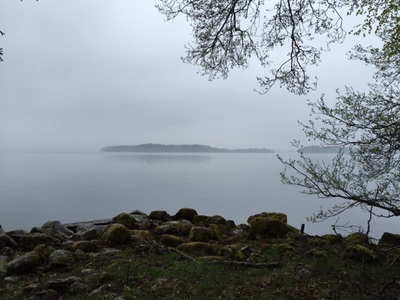
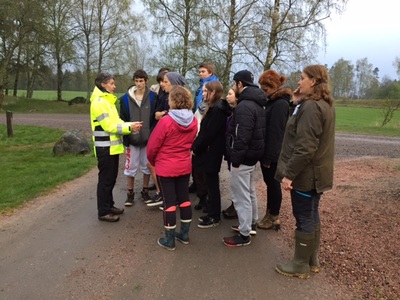
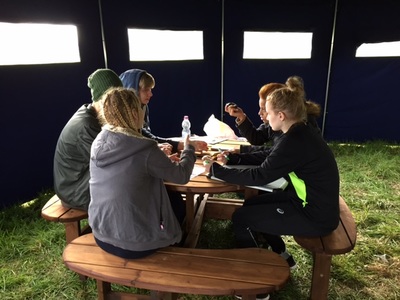
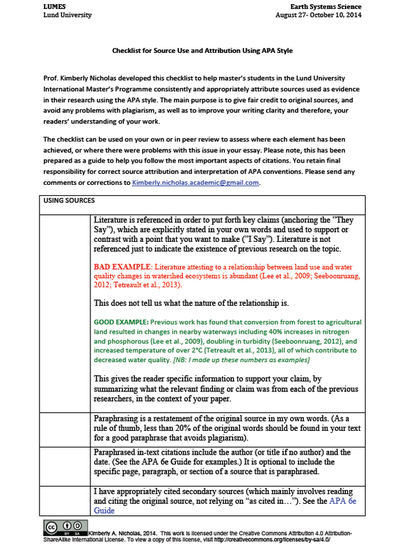
 RSS Feed
RSS Feed
